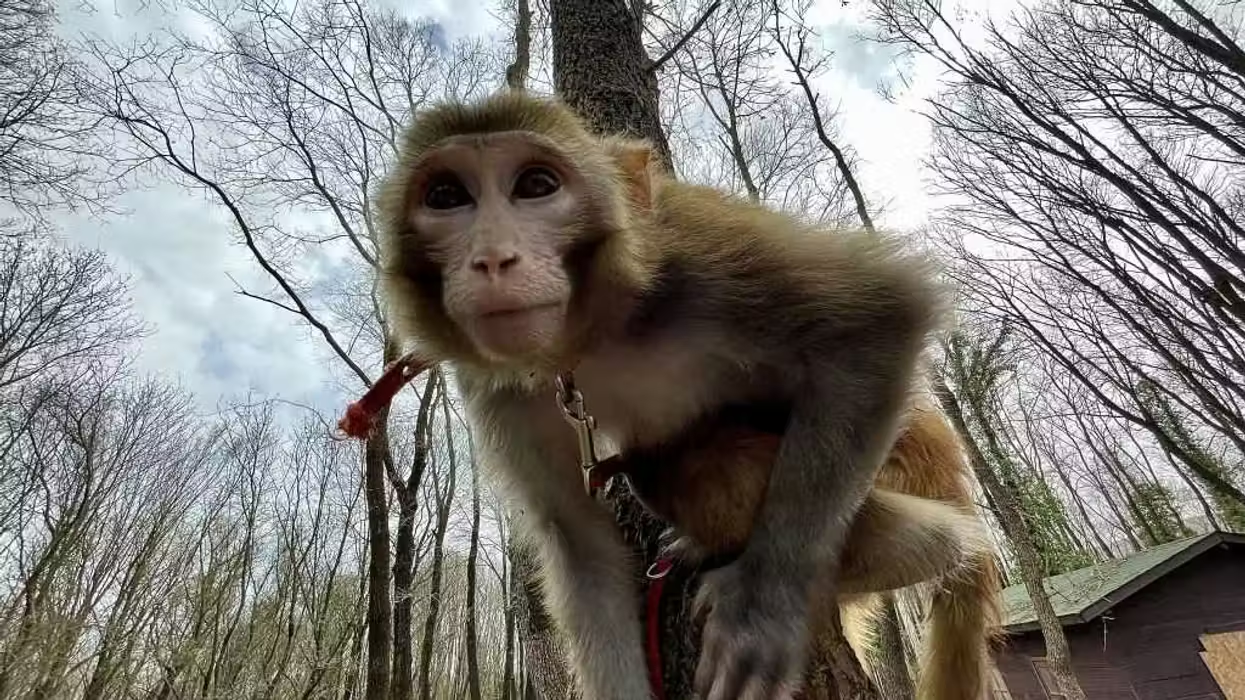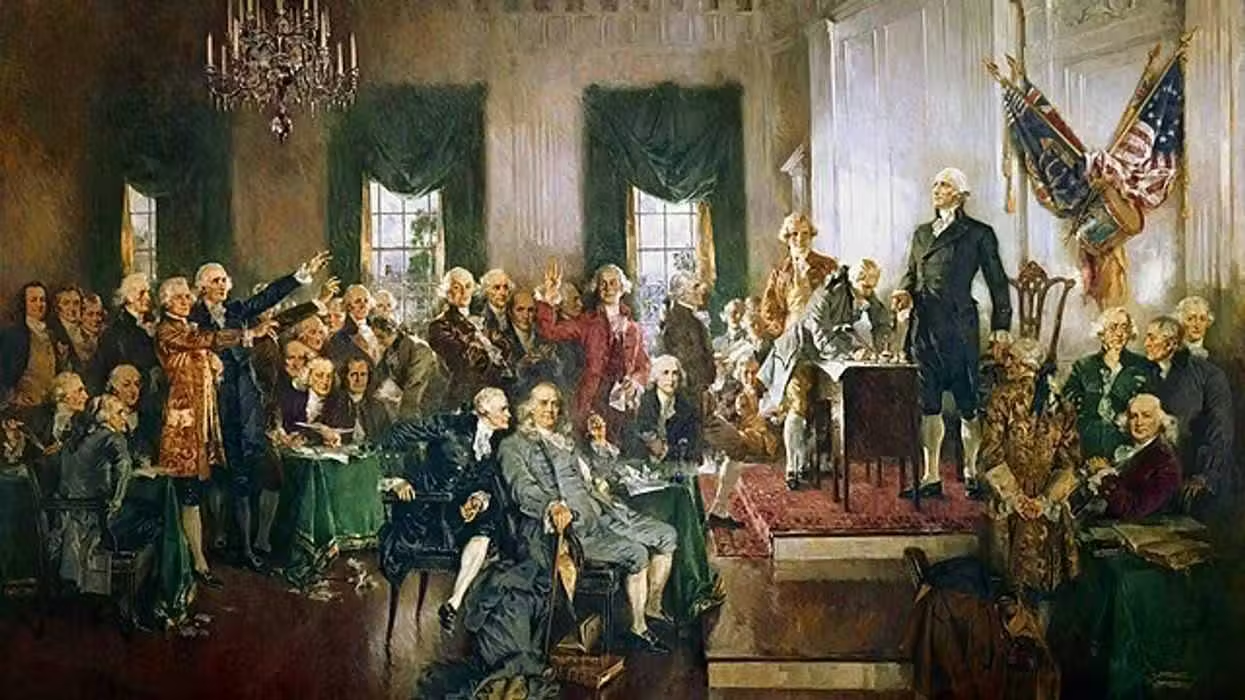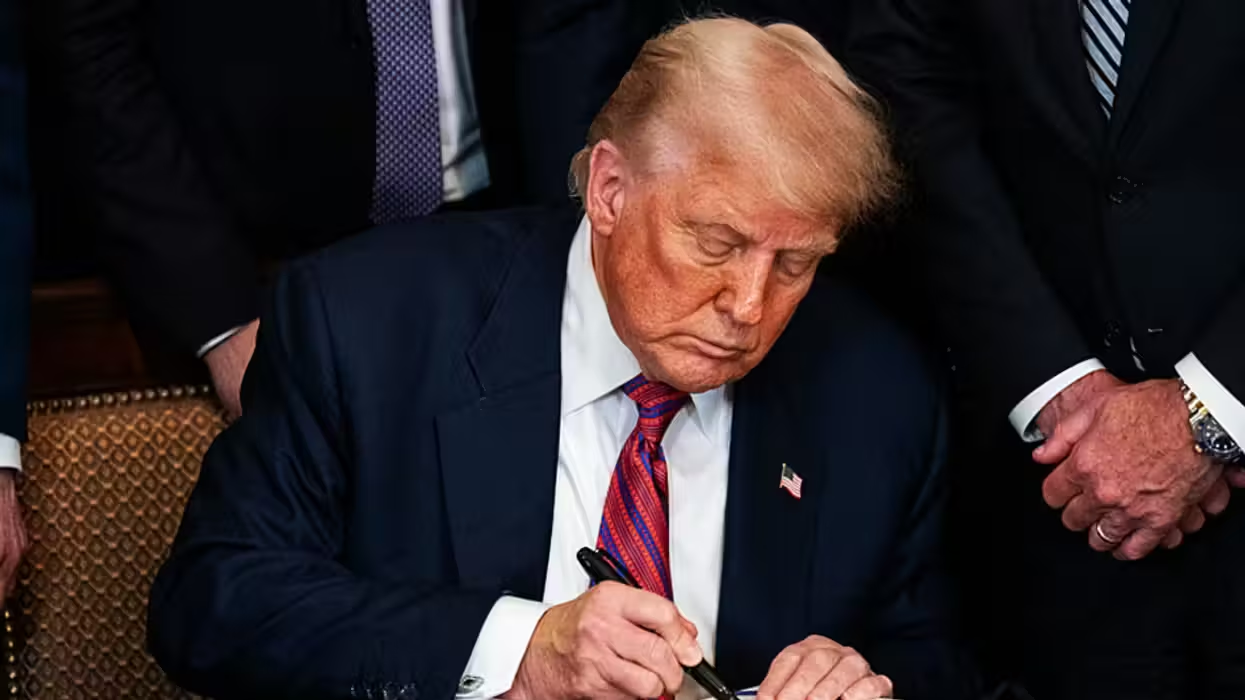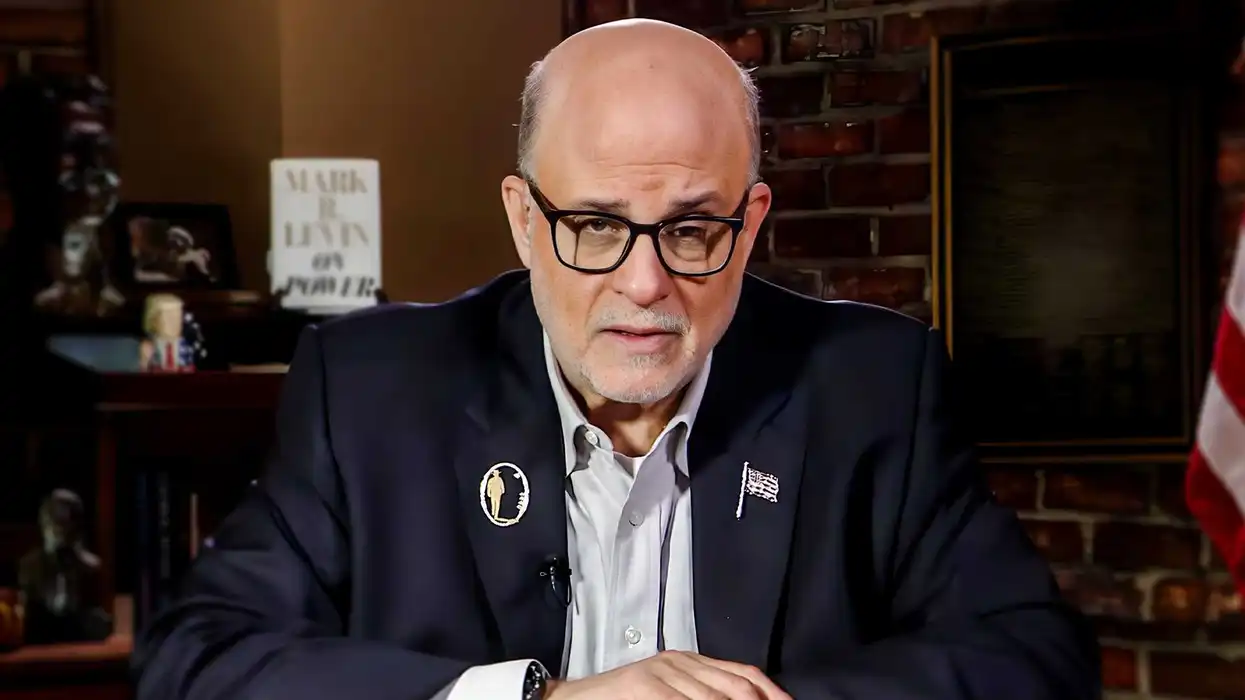
© 2025 Blaze Media LLC. All rights reserved.
U.S. Launches Climate Change Coalition With $12 Million to Reduce Pollutants
February 16, 2012
"...the world has not yet done enough."

Secretary of State Hillary Clinton announced thursday that the United States would be joining a coalition to reduce certain man-made pollutants, which some scientists say contribute to global warming.
Other countries joining the Climate and Clean Air Coalition to Reduce Short-Live Pollutants, which will be run by the United Nation's Environment Program, include Bangladesh, Canada, Mexico, Sweden and Ghana. AFP reports Clinton saying the program will target black carbon, methane and hydrofluorocarbons:
"We know that in the principal effort necessary to reduce the effects of carbon dioxide, the world has not yet done enough," Clinton told an audience at the State Department that included envoys from the coalition countries."So when we discover effective and affordable ways to reduce global warming -- not just a little, but by a lot -- it is a call to action for all of us," Clinton said.
"This coalition, the first international effort of its kind, will conduct a targeted, practical and highly energetic global campaign to spread solutions to the short-lived pollutants worldwide," she added.
"It will mobilize resources, assemble political support, help countries develop and implement a national action plan, raise public awareness, and reach out to other countries, companies, NGOs and foundations."
The New York Times reports that the U.S. is contributing $12 million to the initiative, which hopes to reduce so called "short-lived" pollutants that account for 30 to 40 percent of global warming. Canada also contributed $3 million to the effort. According to the Times these funds will help kickstart the initiative and recruit other countries. It also states that some money will be provided to developing countries to help them reduce these types of pollutants:
Drew T. Shindell, a senior climate scientist at NASA’s Goddard Institute on Space Studies, said that attacking short-lived climate agents could have immediate impacts.“From a political point of view,” he said, “what’s really appealing about these measures is that a lot of the benefits are realized by those that take the action. If you reduce these emissions in the developing world, it’s the developing world that gets most of the benefits, by stabilizing rainfall and improving public health.”
The Times reports Todd Stern with the State Department’s "special envoy for climate change" as saying this "voluntary partnership" is expected to produce results quickly. More specifically, according to scientists, efforts from this program could reduce 0.5 degrees Celsius by 2050. As these pollutants are also associated with health ailments, the program also hopes to prevent prevent millions of cases of lung and heart disease by 2030.
According to AFP initiative looks to reduce the following: methane, like that from landfills and the agriculture industry; black carbon, which comes from kilns and diesel vehicles; and chemicals emitted from aerosols, refrigerants and insulating foam.
AFP reports Clinton as saying the program is not meant to override a more international and larger effort to curb global warming, but to "complement" it.
Want to leave a tip?
We answer to you. Help keep our content free of advertisers and big tech censorship by leaving a tip today.
Want to join the conversation?
Already a subscriber?
more stories
Sign up for the Blaze newsletter
By signing up, you agree to our Privacy Policy and Terms of Use, and agree to receive content that may sometimes include advertisements. You may opt out at any time.
Related Content
© 2025 Blaze Media LLC. All rights reserved.
Get the stories that matter most delivered directly to your inbox.
By signing up, you agree to our Privacy Policy and Terms of Use, and agree to receive content that may sometimes include advertisements. You may opt out at any time.





